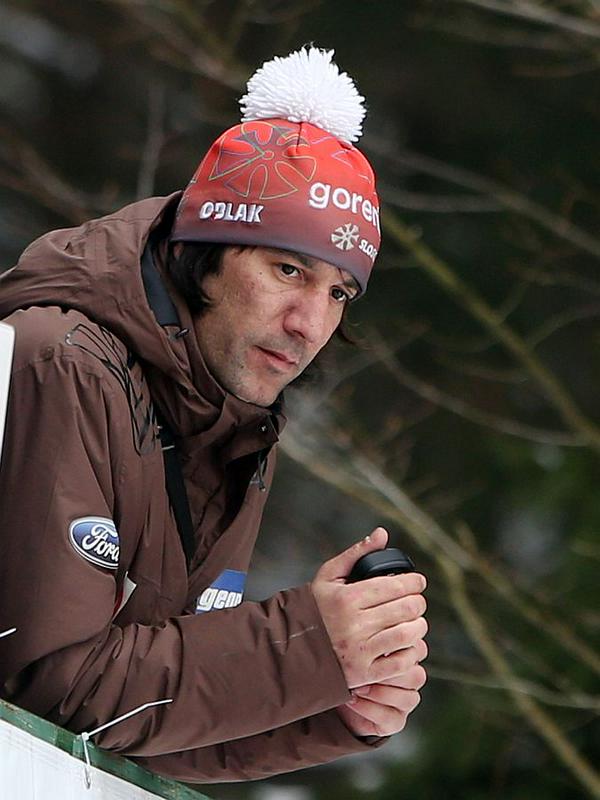
In the 1990s, a young Slovenian ski jumper came out of nowhere to capture the attention of the sporting world. He became a national hero almost overnight, but his personal demons resulted in an equally rapid fall from glory – a crisis from which he took years to recover.
Primož Peterka, born in 1979, had a talent for ski jumping since he was small, but few could have predicted that he would turn out to be a champion. In 1996, the coach of the Slovenian ski team decided to give him a chance and allowed him to appear at a World Cup event, although few expected that the young ski jumper would make much of an impact. Much to the surprise of just about everyone, Peterka finished eighth – an impressive result at a time when the Slovenian ski jumping team was struggling. The best was yet to come, however, as Peterka began to win World Cup events.
The following season, he emerged as the world’s best ski jumper. He won the prestigious Four Hills Tournament, and took home both the ski jumping and the ski flying World Cups. To top it off, he became the first Slovenian to jump over the 200-meter mark.
Peterka’s successes continued in the 1997-’98 season, in which he dominated the World Cup. His dream of coming home with an Olympic medal weren’t realized, but he finished a respectable fifth and sixth in Nagano.
However, dark clouds were already on the horizon. Slovenian newspapers began to report on Peterka’s feud with his girlfriend and his growing problem with alcoholism. His fall in form was rapid. He stopped winning World Cup races and was quickly surpassed by a new generation of ski jumpers. To the press, he was no longer a hero; he had become a fallen star whose disintegrating private life now sold newspapers.
After some time in rehab, Peterka mounted a comeback of sorts. He won several events in the early 2000s and finally took home an Olympic medal – a group bronze from the 2002 Salt Lake City games. His glory years were behind him, however, and he retired in 2011 without returning to the international ski jumping elite.
But Peterka’s remarkable legacy has remained unblemished. He remains one of the most successful Slovenian athletes in any sport and the man who started Slovenia’s ski jumping renaissance by inspiring dozens of younger jumpers to reach for the top.
Meanwhile, Peterka finally manage to get his private life in order. He kicked his alcohol habit, made up with his girlfriend – whom he had married --, and started a family. By successfully dealing with his private problems, he was able to return to the world professional ski jumping and was named an assistant coach of the Slovenian women’s ski jumping team. He is now passing on his extensive experience to a group of young women with ambitions to become among the best in the world, just as Peterka had done almost two decades ago.


































































